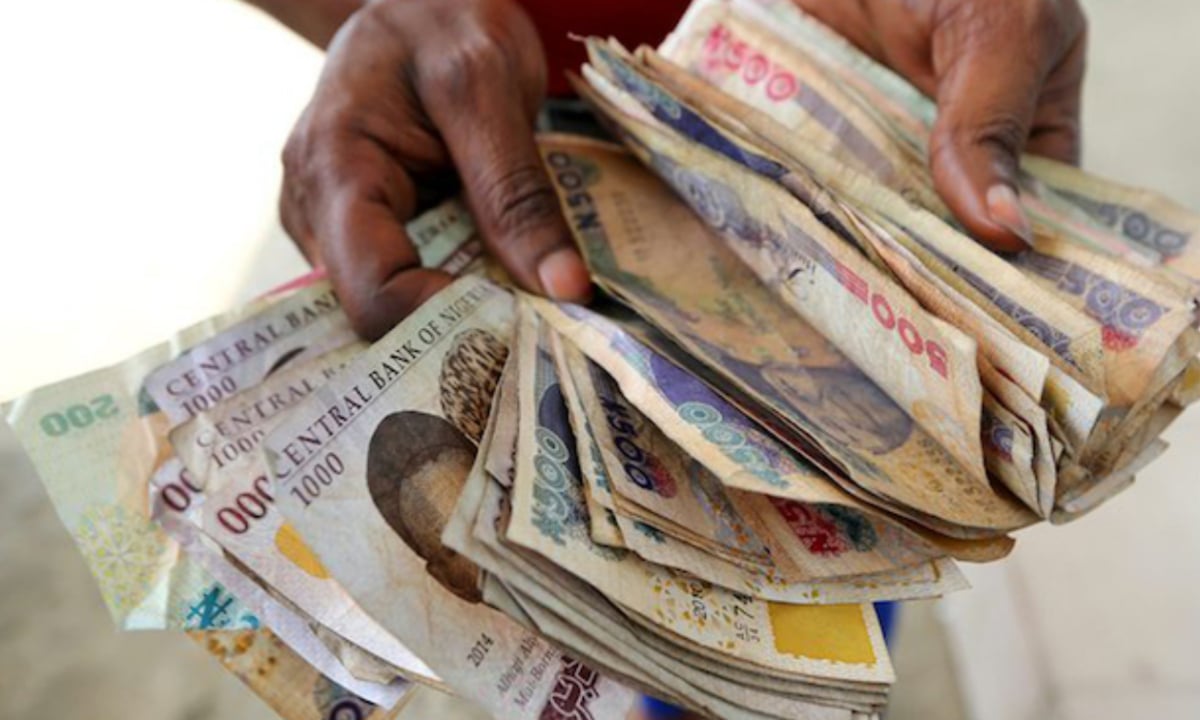Headlines
Court Rejects Case on Arabic Writings on Naira Currency

A court has rejected the case challenging Arabic writings on the naira currency. Learn about the details and implications of this decision.
The lawsuit filed by lawyer Malcolm Omirhobo contesting the presence of Arabic inscriptions on Nigerian currency, Naira has been rejected by Justice Yellim Bogoro from the Federal High Court in Lagos.
According to Omirhobo, the inscriptions suggest that Nigeria is an Islamic state and thus oppose its constitutional identity as a secular country.
Justice Bogoro ruled that Omirhobo did not provide enough evidence to prove that the Central Bank of Nigeria (CBN) acted maliciously when creating, producing, printing and circulating naira notes featuring Arabic inscriptions.
The judge recognized that in Nigeria, no religion holds superiority over another due to the country’s secular nature and acknowledged its diverse ethnic and religious makeup
Read Also: CBN Releases New Guidelines on Foreign Currency Deposits – What You Need to Know
In 2020, Omirhobo filed a lawsuit pleading for the court to prevent CBN from approving and distributing naira notes that have Arabic inscriptions. He contended his unfamiliarity with these symbols and emphasized they should be replaced by either English or one of Nigeria’s official languages such as Hausa, Yoruba, or Igbo.
According to Omirhobo, the actions of CBN are in breach of sections 10 and 55 of the Nigerian Constitution which emphasize on maintaining a secular state.
The CBN retaliated by submitting a counter-affidavit that refuted the claim of religious connotations or Arabian association in the Ajami inscriptions featured on their currency. The CBN reassured Nigerians that their secular status was not at risk due to these inscriptions, as they were approved by governmental bodies and hold no underlying political agenda.
The suit faced opposition from the Registered Trustees of Muslim Rights Concern (MURIC) who denounced Omirhobo’s claims as stemming from religious prejudice and narrow-mindedness. MURIC maintained that Arabic is a language, not an exclusive property of Islam, citing examples where Bibles are published in Arabic across various countries.
The use of Christian symbols, such as the cross, on government-owned hospitals and ambulances was also observed by them. On this basis, they contended that Arabic inscriptions found on naira notes ought to be deemed equally permissible.
In the end, Justice Bogoro threw out the lawsuit and upheld that Nigeria’s secularism was not violated by having Arabic inscriptions on its currency.
